The EU wants to finalize a trade deal with Indonesia by September. Can it?
BRUSSELS — When Donald Trump threatened the European Union with 30 percent tariffs, Ursula von der Leyen didn’t take the bait. She looked east instead of west and quickly announced a “political agreement” on a trade deal with Indonesia, the fourth-most-populous country in the world, after nine years and 19 negotiating rounds.
That’s no coincidence.
Responding to the U.S. president’s trade threat, which landed on July 12, a Saturday, the head of the European Commission said: “We continue to deepen our global partnerships, firmly anchored in the principles of rules-based international trade.”
The next day, von der Leyen hosted Indonesian President Prabowo Subianto for a photo-op in Brussels, declaring that “Europe and Indonesia are choosing a path of openness, partnership, and shared prosperity.”
Prabowo, who apologized for disturbing von der Leyen on a Sunday, said “the agreement must support our efforts to grow our industries, create jobs, and strengthen our sustainable development goals.”
However, Indonesia’s long list of import restrictions, unpredictable regulations, raw material bans and refusal to implement World Trade Organization judgments have made it a difficult partner to deal with. Does the political declaration mean that Jakarta is really ready to turn the page?
And what exactly does a “political agreement to advance the trade agreement” even signify? It’s not a conclusion of talks, let alone a signature.
Hosuk Lee-Makiyama, a Swedish former trade diplomat who now heads the European Centre for International Political Economy, says it just means the leaders have “the intention to conclude the negotiations.”
“It doesn’t mean that they are done,” he told POLITICO. “We instruct our negotiators: ‘Get it done. Give me a compromise that I can sell.’ ”
A firm path
Fabian Gehl, who is leading the EU’s trade negotiations with Indonesia, told European lawmakers that the political agreement “sets a firm path for closing all the remaining gaps in the coming weeks and land[ing] a full agreement by September.”
But given that the tumultuous talks have stretched over almost 20 rounds and nearly a decade, it remains unclear whether both sides can realistically meet that timeline to finalize the Indonesia–European Union Comprehensive Economic Partnership Agreement — or IEU CEPA.
Just two days after von der Leyen met with Prabowo, Trump announced his own deal with Indonesia, agreeing to a 19 percent tariff on its exports to the U.S. For American exports? No tariffs.

The European Parliament’s lead lawmaker on the talks, Iuliu Winkler — who is also deputy chair of its trade committee — considers the September deadline “quite feasible.”
“To my knowledge, the resolution of all the outstanding technical issues by the negotiators is doable by then,” the Romanian Christian Democrat told POLITICO, stressing the need to meet the target date “in a global context of escalating trade volatility.”
The talk in the Brussels trade bubble is that a third of the trade agreement’s chapters are still on the table — energy and raw materials, import licensing, trade and sustainable development — while services are partially up for debate.
Commission spokesperson Olof Gill told POLITICO that the EU needs “to fine-tune the details” on market access for the key products remaining.
“We have already secured an extremely ambitious level of liberalization in terms of volumes and tariff lines, and we are now focusing on further improving the treatment for key products for the EU (and for Indonesia). We will continue to ensure a careful handling of sensitive products for the EU,” Gill said.
A spokesperson for the Mission of Indonesia to the EU told POLITICO they were “optimistic” that a deal can be done by September.
An end to ultra-protectionism?
Cecilia Malmström, who served as EU trade commissioner from 2014-2019, is surprised by the reported progress in the talks.
“During my time as trade commissioner, they advanced very slowly,” she recalled to POLITICO. Indonesia has now realized “it has to leave its ultra-protectionist line,” she said.
The Swedish politician said the trade and sustainable development (TSD) chapter of the accord would be a particularly difficult one to solve. “I don’t know if September is realistic,” she said, “but people close to the negotiations claim that the end of this year is definitely possible.”
Gill said that an “agreement has been reached on all the key elements” of the TSD chapter — but that doesn’t necessarily mean it’s been finalized or agreed.
Jakarta and Brussels are still nursing wounds from a WTO case in 2021 over nickel ore. Indonesia, a leading producer, had imposed a ban on exports of the raw material, which yields the industrial metal used to make electric-vehicle batteries and stainless steel. The bloc challenged and won, but since there’s no functioning appellate body, Indonesia appealed the case into the void.
What’s more, the ban is still in force today — and that remains a sticking point in the talks.
“It’s also the right of Indonesia to want to develop local industry and to hold a share of the value of nickel in their country and build up their own industrial policy,” said Alessa Hartmann, a researcher at German climate think tank Power Shift.

Despite that, the EU is still pushing for access to raw materials in the deal. Spokesperson Gill said the EU was “striking the right balance between fostering EU competitiveness, by removing Indonesia’s distortive measures on key supply chains, and catering for Indonesia’s policy space needs.”
Deforestation differences
It’s not only nickel ore that symbolizes the EU’s quest for critical raw materials in its bid to reduce its dependence on China — Indonesia is also the world’s largest producer of palm oil.
“Indonesia’s vast reserves make it a prime target,” said Aryanto Nugroho, national coordinator for Publish What You Pay (PWYP) in Indonesia, a transparency watchdog focused on resource extractivism.
The EU wants more palm oil for its biofuels industry, though it’s become caught up in the controversy over deforestation and sustainability standards. Land clearance to plant palm trees has accounted for one-third of Indonesia’s deforestation over the past 20 years, according to a 2022 study.
Now, the EU’s deforestation regulation (EUDR), due to take effect Dec. 30, will set a high bar for Indonesia to prove that any palm oil exports to Europe aren’t linked to deforestation. Brussels has labeled Indonesia a “standard risk” on its classification list.
But Indonesia can’t negotiate that in a trade deal, as it’s an incoming EU regulation. “There’s a parallel track of discussion with Indonesia on deforestation,” Gehl told MEPs. Yet the word in Brussels is that EUDR remains an issue in the talks.
Despite that, Indonesian Trade Minister Airlangga Hartarto said in June that the EU would give “special treatment” to palm oil in the pending trade deal: “The main issues on sustainability and traceability of our forest products have been relatively resolved,” he said.
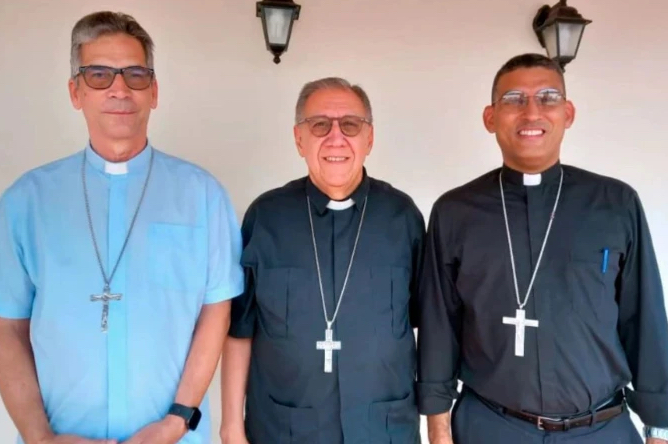
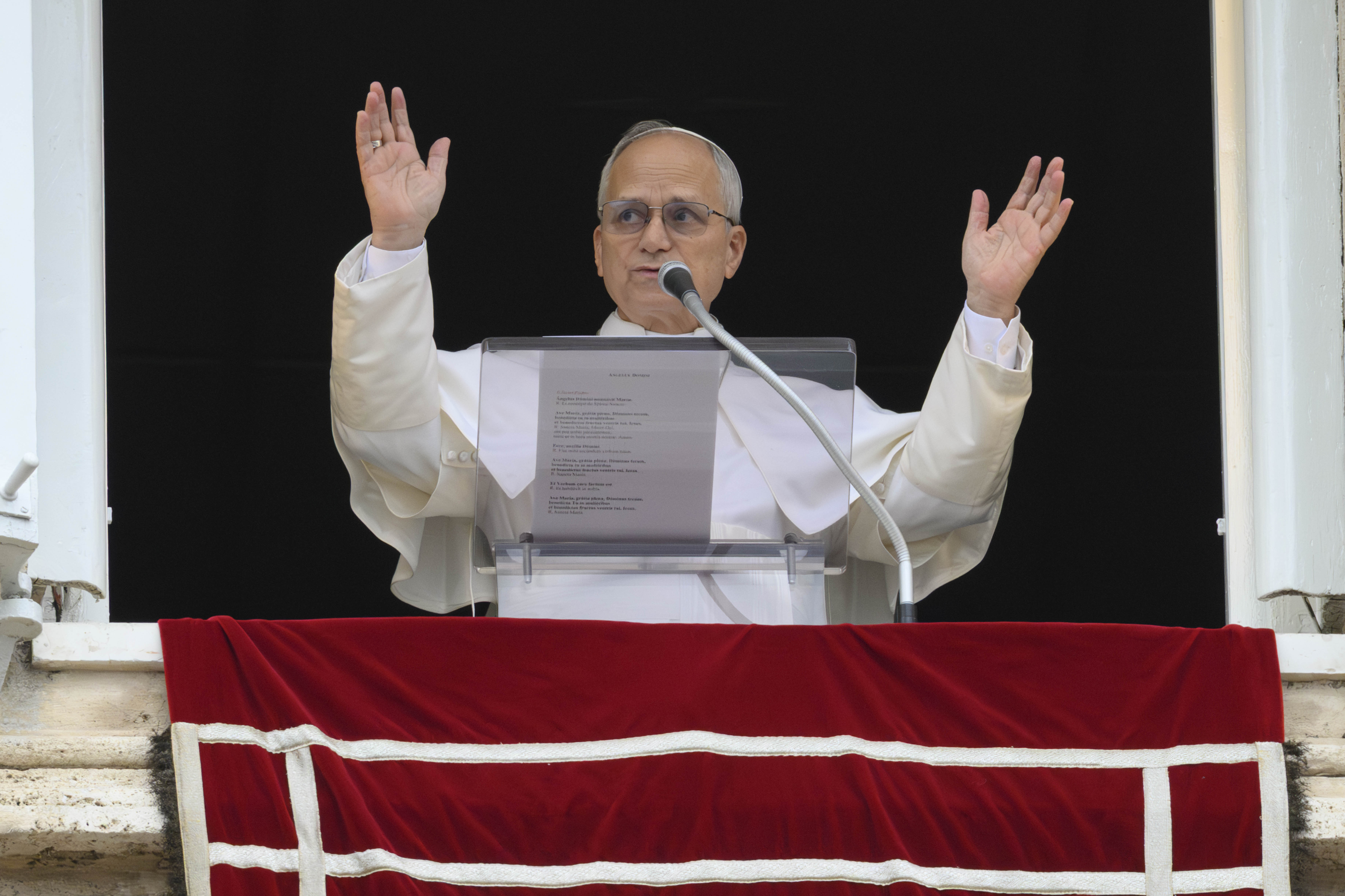
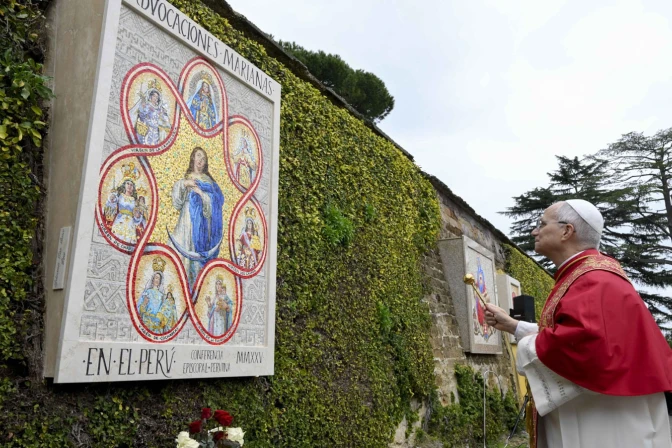







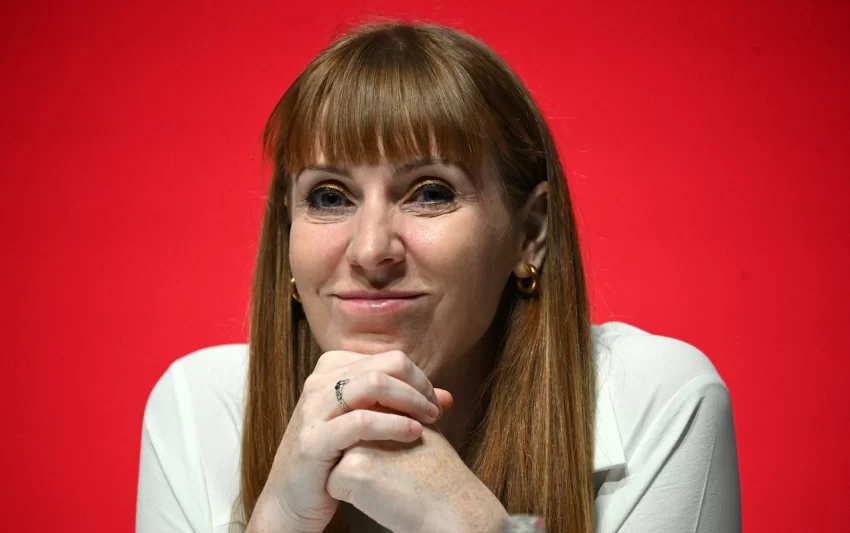






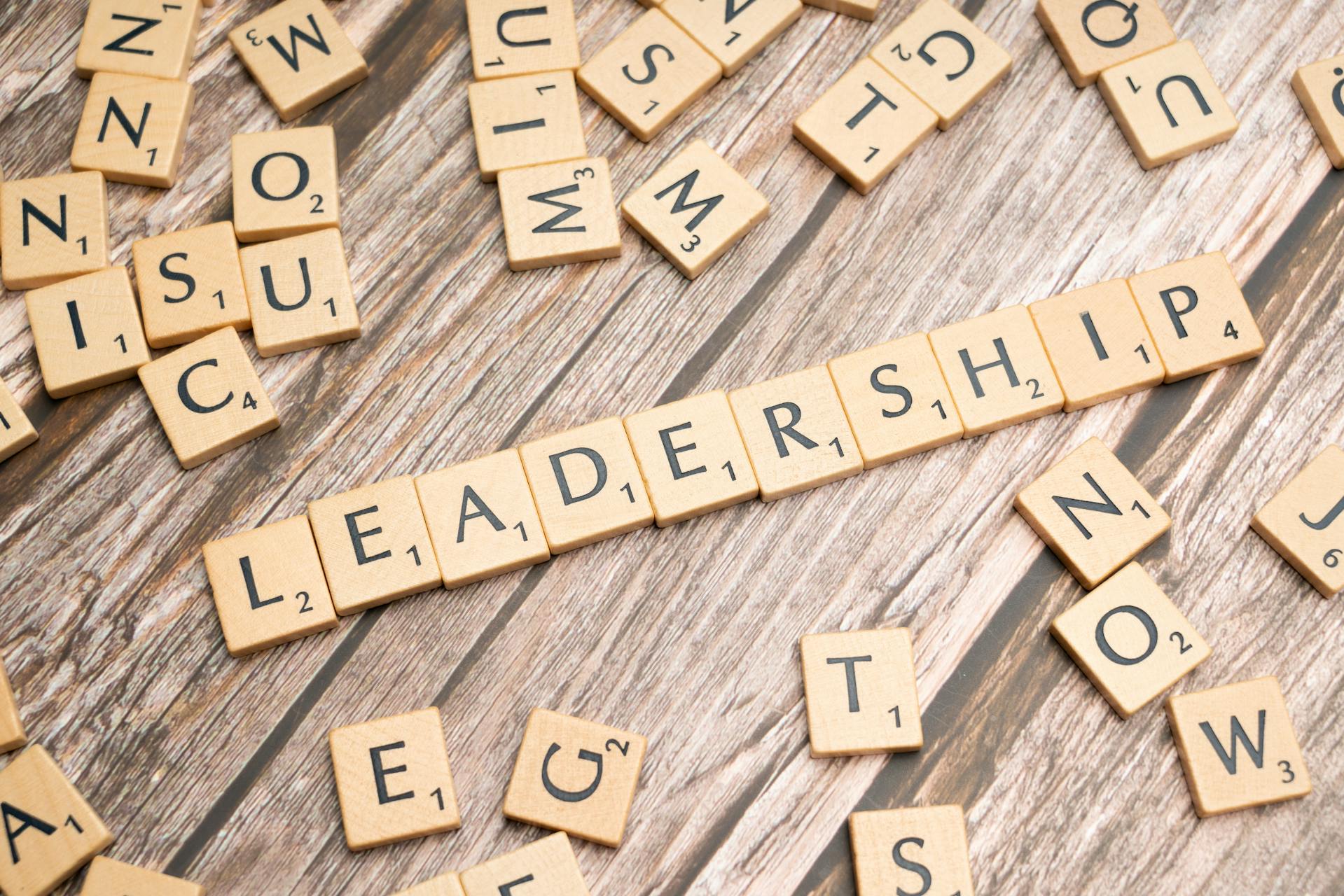
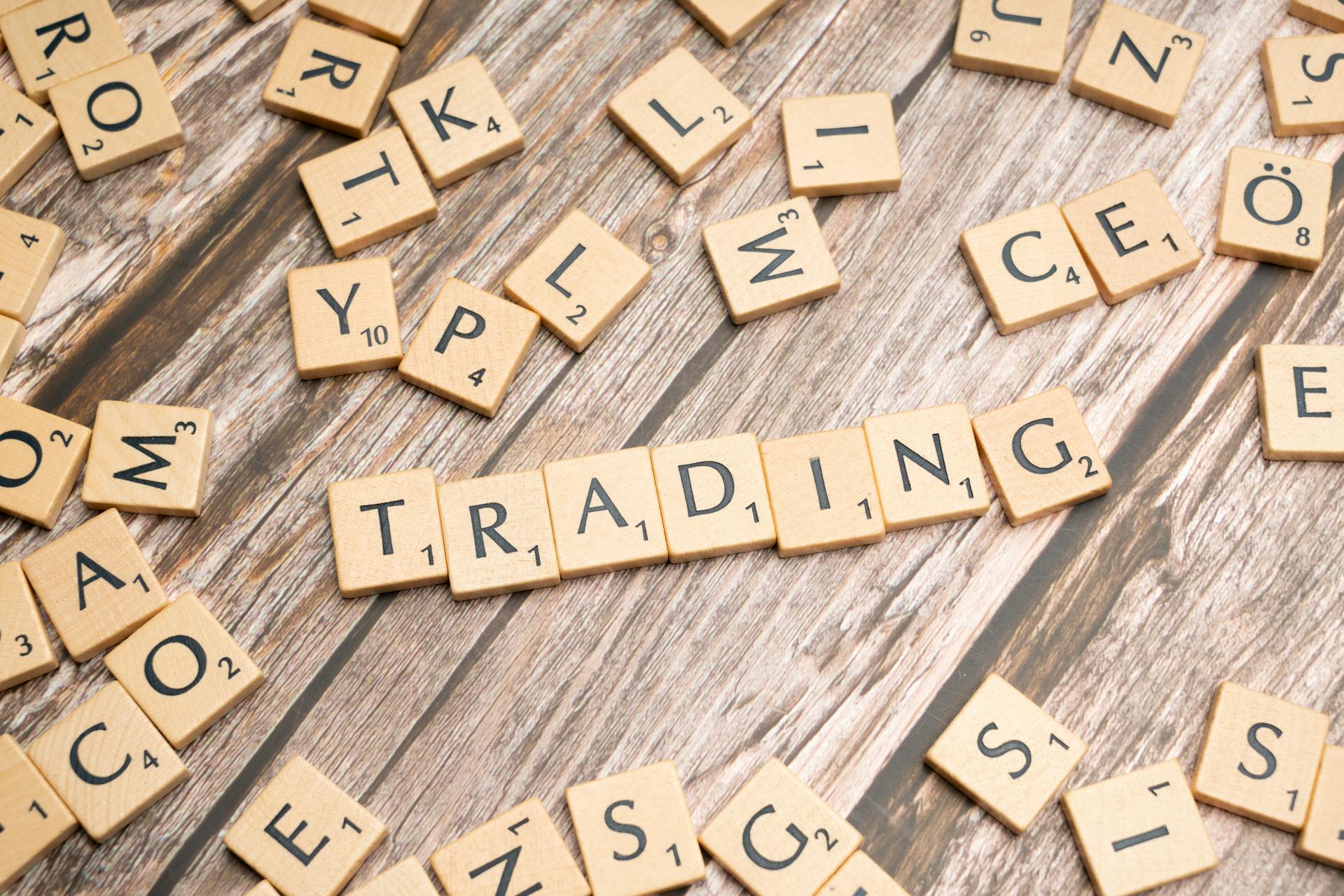

:quality(85):upscale()/2023/09/18/918/n/1922398/a1136b676508baddc752f5.20098216_.jpg)
:quality(85):upscale()/2025/10/09/670/n/1922283/00b944c868e7cf4f7b79b3.95741067_.jpg)
:quality(85):upscale()/2025/10/15/765/n/1922398/29c37a6e68efd84bb02f35.49541188_.jpg)
:quality(85):upscale()/2025/09/09/891/n/1922283/7222624268c08ccba1c9a3.01436482_.png)
















